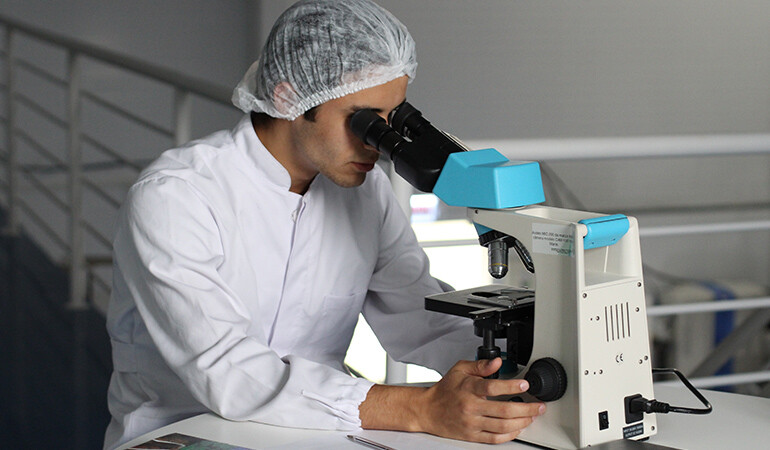Impact of Medical Research on Healthcare
Medical research has a significant impact on healthcare. It is the cornerstone of modern medicine and is crucial in the development of new treatments, diagnostic tools, and technologies that improve patient outcomes. Medical research also plays a critical role in identifying risk factors and prevention strategies for diseases, which helps to reduce the burden of illness on individuals and society.
One of the most significant impacts of medical research on healthcare is the development of new treatments for diseases. Medical researchers work tirelessly to discover new drugs and therapies that can cure or manage illnesses, which can help patients live longer and healthier lives. For example, the discovery of antibiotics has revolutionized the treatment of bacterial infections and saved countless lives. Similarly, the development of chemotherapy has improved cancer survival rates and reduced the need for invasive surgeries.
Medical research is also essential in the development of diagnostic tools that aid in early disease detection. Early detection is critical in the treatment of many diseases, as it allows for prompt intervention and management. Medical researchers have developed a wide range of diagnostic tools, including blood tests, imaging tests, and genetic testing, that aid in the diagnosis of diseases.
Medical research has also played a significant role in disease prevention. Researchers work to identify risk factors and develop prevention strategies that can help to reduce the incidence of diseases. For example, medical researchers have identified smoking as a risk factor for lung cancer and have developed smoking cessation programs that can help to reduce the incidence of this disease. Similarly, researchers have identified the importance of a healthy diet and exercise in the prevention of heart disease and have developed education programs to promote healthy lifestyles.
Another impact of medical research on healthcare is the development of new technologies that improve patient outcomes. Medical researchers work to develop new technologies, such as medical devices and surgical tools, that can aid in the treatment of diseases. For example, the development of minimally invasive surgical techniques has reduced the need for open surgeries, which can be more invasive and have longer recovery times.
In conclusion, medical research has had a significant impact on healthcare.





